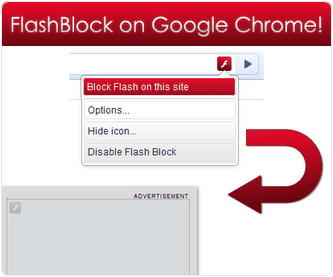Today with the advancement of technology, the Internet is used everywhere. The Internet provides a medium to connect devices and networks and allows the sharing of resources.
Internet is used in every field like Banking, Business, Education, Entertainment, Online shopping, Internet Marketing, Advertising, etc. The Internet can be accessed on a computer through a web browser. Web browsers provide an interface to access content.
When we open a website, our web browser sends a request to the web server, and the response to our web browser is in the form of web pages. Nowadays, everyone requires fast internet speed to get their work done fast and save time.
Even while using a fast internet connection, sometimes the web browsing experience may not be enjoyable due to browser compatibility issues and hardware-related issues.
But do not worry, if you are experiencing a slow web browsing speed on a fast internet connection, we have the solution you need. Listed below are some of the most useful tips and tricks to speed up your web browser.
Content
Tips To Make Browser Speed Fast.
1. Increase the RAM size.
We know that every application runs in RAM and data processing for that app takes place in RAM. If you have small RAM, it can not process your data and webpages and run your application simultaneously.
Most browsers today require high RAM to function properly. If you do not want to purchase new RAM sticks, you can also use your pen drive as RAM. READ HERE: How To Use Pendrive As RAM in Windows XP 7 8 10.
2. Close Applications.
Most heavy software like Adobe Photoshop, Games, and background processes consume a large amount of RAM. Hence, it is always advised to close all the unnecessary applications open in the background while browsing the internet.
You can also hit refresh a few times. This allows more system resources available for web page processing, leading to a faster web browsing experience.
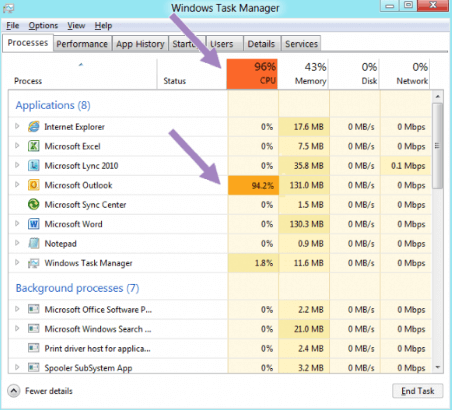
3. Use New Tabs instead of New Windows.
When surfing the internet, most people open a new link in a new window instead of using a new tab. Switching between tabs takes less time while switching between windows is more time-consuming.
Also opening a new window will utilize more system resources in terms of RAM while opening a new tab will use a new thread only.
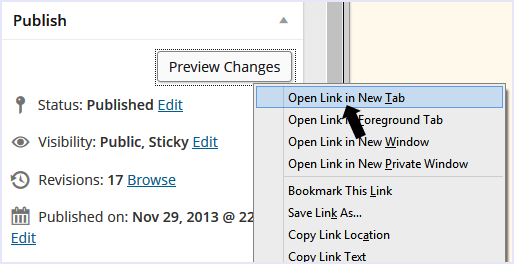
4. Update your Browser.
You may be experiencing slow internet browsing due to an outdated browser. Most users make the mistake of not updating their web browser leading to incompatibility with new web pages and slow browsing speeds.
Hence, we advise you to use the latest up-to-date version of your web browser. You can always check for updates under “Settings>About” in your web browser.
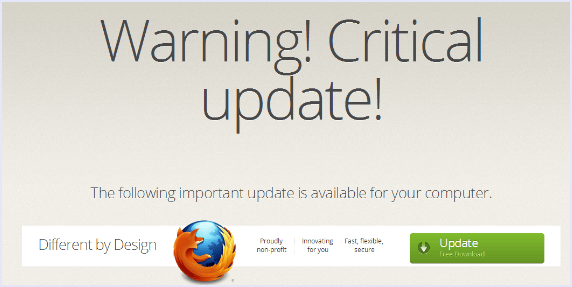
5. Use Minimum Extensions.
Firefox and Google Chrome provide a great option for all their extensions, but when you use many extensions, they can cause the browser to get slow and buggy. Hence, to increase your web browser’s speed and efficiency, you must disable unnecessary extensions. This will keep your web browser lightweight and snappy.
6. Remove extra toolbar.
If you want fast web browsing speeds, then you need to remove extra toolbars from your browser because some toolbars take up precious computer memory while others eat bandwidth by simply sending and receiving data in the background.
Most free toolbars that automatically get installed on your web browser are usually full of malware and slow down your web browser. If you don’t want to compromise your browser speed, you must remove extra toolbars.
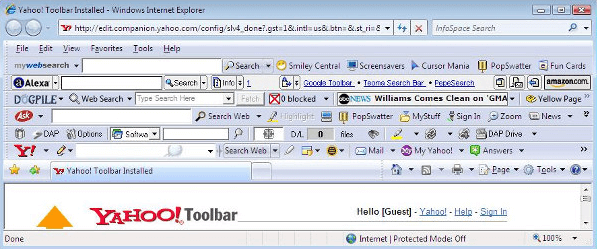
7. Disable Flash.
Adobe Flash format is available everywhere on the internet. Many animated advertisements are designed to run via Flash. But Flash is slow and hence, reduces the speed of web browsing. So, we suggest turning it off when you don’t need it.
Internet Explorer provides a default option to turn it off while Chrome and Firefox have extensions.
8. Protect your system from viruses.
One main reason for the lag in your web browsing experience on a fast internet connection may be due to a virus on the device. Virus slows down data processing and messes with the usage of bandwidth. Therefore, reducing the web browsing speeds on your device.
We recommend you check for a virus on your device by using any trusted antivirus app that you like. Read Here: Top 10 Best Antivirus For PC Windows/MAC 2016.

9. Turn on Prefetch Resources.
Many browsers have the intelligent feature of resource pre-fetching. What this feature does is that it enables the browser to intelligently decide what links are most likely to be opened next by the user preloads a part of the next webpage and keeps it ready to be shown. This increases browsing speed to a great extent.
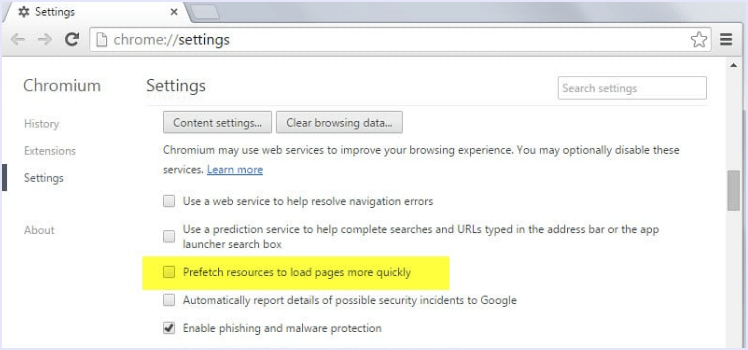
10. Clear Cache, History and Cookies.
This is a great trick to do if your web browser shows some lag while browsing your web pages are not loading properly or you suddenly feel that your browser is glitchy.
Just head to your browser’s settings and under history, clear Cache, History, and Cookies, and restart your browser.
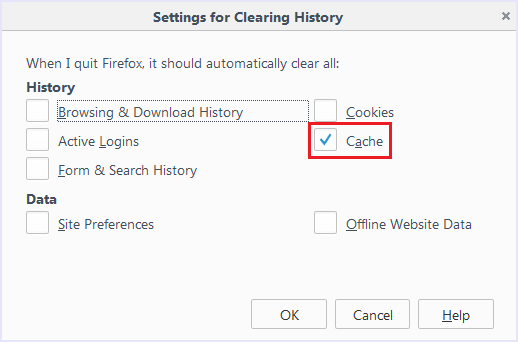
In conclusion, These are some of the most effective ways to quickly speed up your web browser and get a better experience browsing the internet on your device. If you need any help or have a suggestion, please share it with us in the comment box below.


